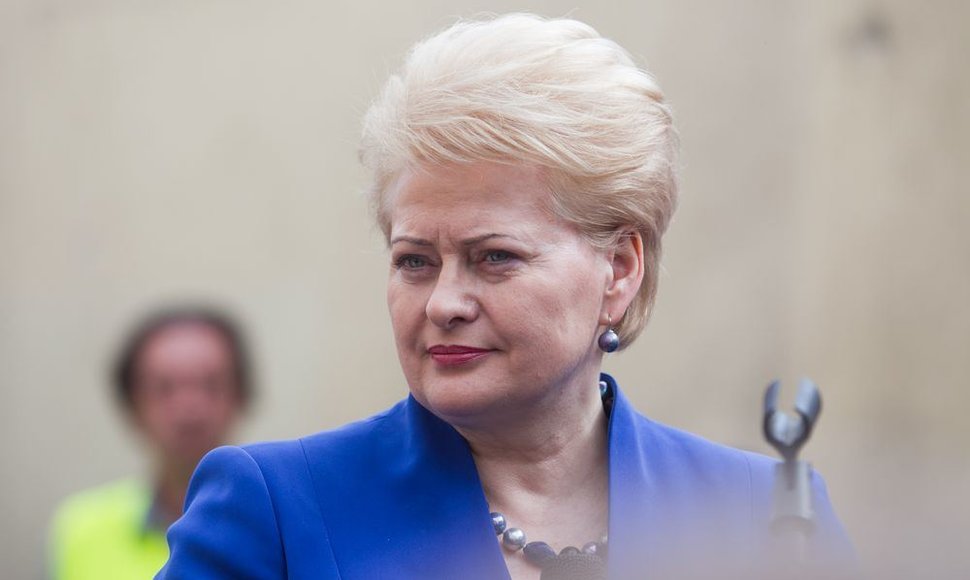"Lithuania's failure to start the construction (of its Visaginas NPP) gave an impetus to the emergence of the two power plants (Baltic in Kaliningrad and Astravyets in Belarus) near our borders. We welcome the reported discussions in one country to suspend the construction, as we have always said that both power plants under construction fall short of international safety standards," Grybauskaitė told journalists on Wednesday.
Meanwhile Romas Švedas, an energy expert and former deputy energy minister, comments that the Baltic NPP project was based on political decisions since its very inception.
Švedas believes that the aim of the project was to create artificial competition with the Lithuanian project of a nuclear power plant in Visaginas, which is still surrounded by uncertainty.
“This project [of a nuclear power plant in Kaliningrad] is political, based on political decisions. It primarily pursued political goals. That information, which we got, proves that it was actually true. We did not see any economic model of that project when a political decision was made, since the existing installed electricity generation capacities in Kaliningrad are sufficient. The construction of such surplus capacities and declarations that they could be used for exports while there are practically no interconnections, there is just one small interconnection with Lithuania, was clearly aimed at creating artificial competition with the project of a nuclear power plant in Visaginas, at discrediting this project, that is at raising doubts about its necessity among the parties, including Lithuania, which actually succeeded to some extent,” Švedas told BNS.
According to Švedas, before the launch of Visaginas NPP project, the Baltic countries have created a common market, aligned their legal frameworks, approved electricity interconnection projects and started their implementation. Meanwhile Russia, in its turn, first made a political decision to build a nuclear facility in Kaliningrad. It was only later that it started considering its commercial model and possible interconnections.
“These are the obvious differences between these projects and the arguments showing that it’s a project led by political and, in my opinion, first of all, by geopolitical goals. Not to mention that we don’t see any commercial model in here, or that the environmental and nuclear safety requirements are ignored,” the expert told BNS.
Having denied any plans to freeze the construction of the Baltic Nuclear Power Plant (NPP) in the Kaliningrad region, Russian nuclear energy company Rosatom has instructed to start conservation of the utility, Russia's news portal rugrad.eu reports.
The portal said it had received a copy of the instructions issued by the general contractor Atomenergoprojekt in connection to the revision of the 2013 budget and conservation of the Baltic NPP.
According to the report, Atomenergoprojekt president Valery Limarenko instructed heads of divisions to submit reviewed budgets and plans in the light of the changes of the object. Furthermore, the heads of divisions should shortly decide and shift the staff laid off at the Baltic NPP construction to other projects.
The news portal has cited unnamed contractors as saying that the Baltic NPP construction was being stalled. A week ago, the portal said the power plant would be conserved and many employees would be released on vacation. Another contractor said the "construction was frozen for two years."
On May 24, Russia's news agency Interfax quoted several unnamed sources as saying that director general of Russia's state-run nuclear energy corporation Rosatom Sergey Kiriyenko had issued instructions to explore the possibilities of using reactors of lower capacity than the original plan.
According to Interfax, there are risks of the Baltic states withdrawing from the Russian synchronized energy system and joining the European system, a step that would leave Kaliningrad isolated. Kaliningrad is currently connected to the Baltic states and the Russian system via Lithuania, with no lines with the neighboring Poland.












